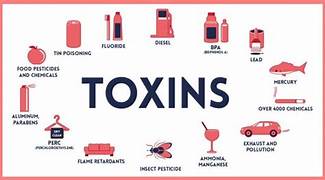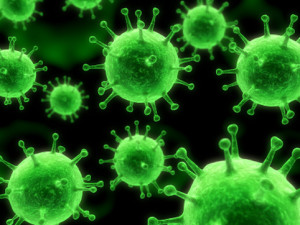Drug detoxification, or detox, is a process of eliminating drugs from the body and managing withdrawal symptoms in order to help an individual safely break their physical addiction to substances. Detox begins when a person stops using substances, and is the first step of the long-term recovery from substance use disorder. While detox is not a treatment in and of itself, it allows a person to transition from active addiction and begin intensive treatment, such as residential or outpatient treatment programs, which are essential for a successful recovery. With proper care and support, drug detoxification can help an individual take the first step in their recovery.

What is Drug Detoxification?
Drug detox is an essential process for individuals who have become addicted to drugs due to long-term substance use. When someone stops using drugs, they will usually experience withdrawal symptoms, which can range from mild to severe depending on the type of drug and how long the individual has been using. It is important to understand that the detox process is not a “cure” for addiction; rather, it is a necessary step in beginning the recovery process.
Generally, detox involves closely monitoring the individual’s physical and psychological status, administering necessary medications, and providing supportive care throughout the process. The length of detox is often dependent on the type of drug used, how often it was used, and the severity of the individual’s physical dependence. While many people will experience withdrawal symptoms within 24-72 hours of their last use, depending on the type of drug, full detoxification can take 5-14 days, and sometimes longer.
Why is Detox Important?
Detox is an important step in beginning the recovery process for individuals struggling with drug addiction. It is essential for helping someone safely break their physical dependence on drugs and manage any withdrawal symptoms that may arise. Detox is also an important time for individuals to be evaluated and referred to an appropriate form of drug treatment, such as residential or outpatient treatment, that can help them take the next steps in their recovery.
Types of Drug Detox
Generally, there are two types of drug detox: natural detox and medically managed detox. Natural detox is a do-it-yourself approach and focuses primarily on stopping drug use in order to allow the body to slowly return to its normal state. In contrast, medically managed detox is a medically-supervised process in which withdrawal symptoms are managed with medication over the course of the detox.
Medically managed detox can be either inpatient or outpatient. Inpatient detox requires a hospital or rehab center stay and is ideal for individuals who need around-the-clock medical monitoring and supervision. Outpatient detox is less intensive and allows the individual to receive detox services while continuing to live at home. However, outpatient detox is typically only recommended for those who have mild withdrawal symptoms and can adhere to the treatment plan.
What is Involved in a Detox Program?
The first step of detox is a comprehensive evaluation to assess the individual’s physical and psychological health in order to determine which type of detox is most likely to be successful. During detox, individuals can expect to be monitored and have medications administered to manage withdrawal symptoms. Throughout the process, individuals will also receive counseling to help them prepare for their next steps in recovery.
Support during Detox
Drug detox can be difficult, and it’s important for individuals to know that they are not alone. During detox it can be helpful to access social supports, such as family, friends, and 12-step programs, to provide support and encouragement during this challenging time. If you are considering detoxing from drugs, it is important to speak with a professional to determine the best care plan for you and to ensure a safe and successful recovery.







